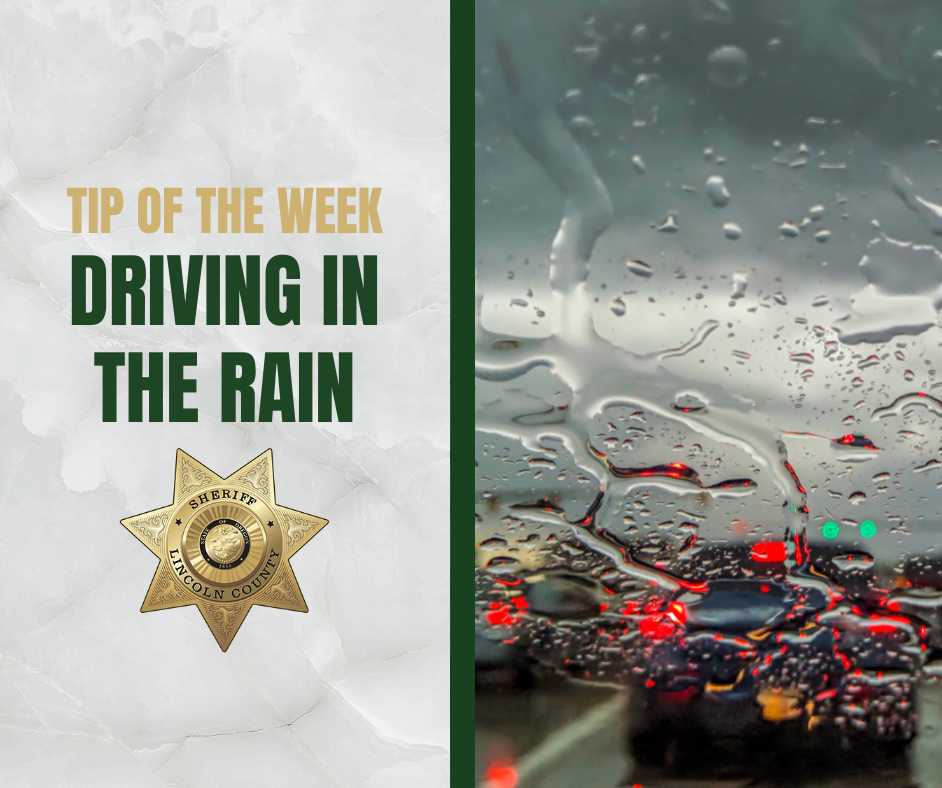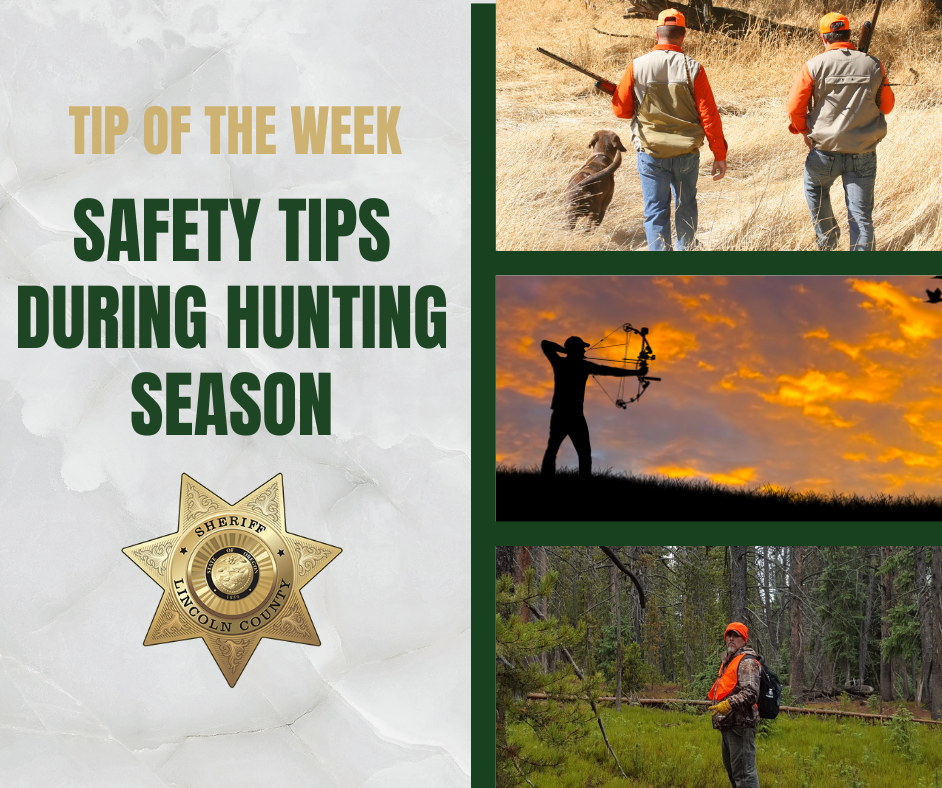October 2, 2025, Tip Of The Week- 4 Weeks Cascadia Ready (Photo) - 10/02/25
4 WEEKS CASCADIA READY
Emergencies can happen anytime. Sometimes help may not arrive for days or even weeks, especially after big disasters like earthquakes or wildfires. In Lincoln County, we recommend being ready to take care of yourself and your family for at least 4 weeks. This is called being “4 Weeks Cascadia Ready.”
What does this mean?
- Have enough food, water, and supplies for everyone in your home for four weeks. This includes pets.
- You may need things like medicine, first aid supplies, flashlights, and extra batteries.
- Plan for how you will stay clean, cook food, and stay warm if the power is out.
How to Get Ready
Be Informed
- Learn about the dangers where you live, like earthquakes, storms, and floods.
- Know your local evacuation routes.
- Sign up for emergency alerts with Lincoln Alerts.
Make a Family Plan
- Talk with your family about what to do if you are not together during an emergency.
- Practice your plan at different times and places, like home, school, or work.
- Plan to check on neighbors and people who may need extra help.
Build an Emergency Kit
- Pack at least 4 weeks of food and water for every person and pet.
- Include a battery-powered or hand crank radio, flashlight, first aid kit, extra batteries, whistle, dust mask, face coverings, plastic sheeting, duct tape, moist towelettes, garbage bags, plastic ties, wrench or pliers, manual can opener, local maps, and a cell phone with chargers and power banks.
Find more information and resources at:
- Lincoln County Emergency Management – Plan and Prepare Resources
- Lincoln County Emergency Management – Hazards: Earthquake
- Be Ready – Make a Plan
- Be Ready – Build a Kit
- CDC – Emergency Preparedness and Response
- Red Cross – How to Prepare for Emergencies
- Oregon Emergency Management – 2 Weeks Ready
For more information and tips visit our website at www.lincolncountysheriff.net and like us on Facebook at Lincoln County Sheriff’s Office – Oregon.
###




